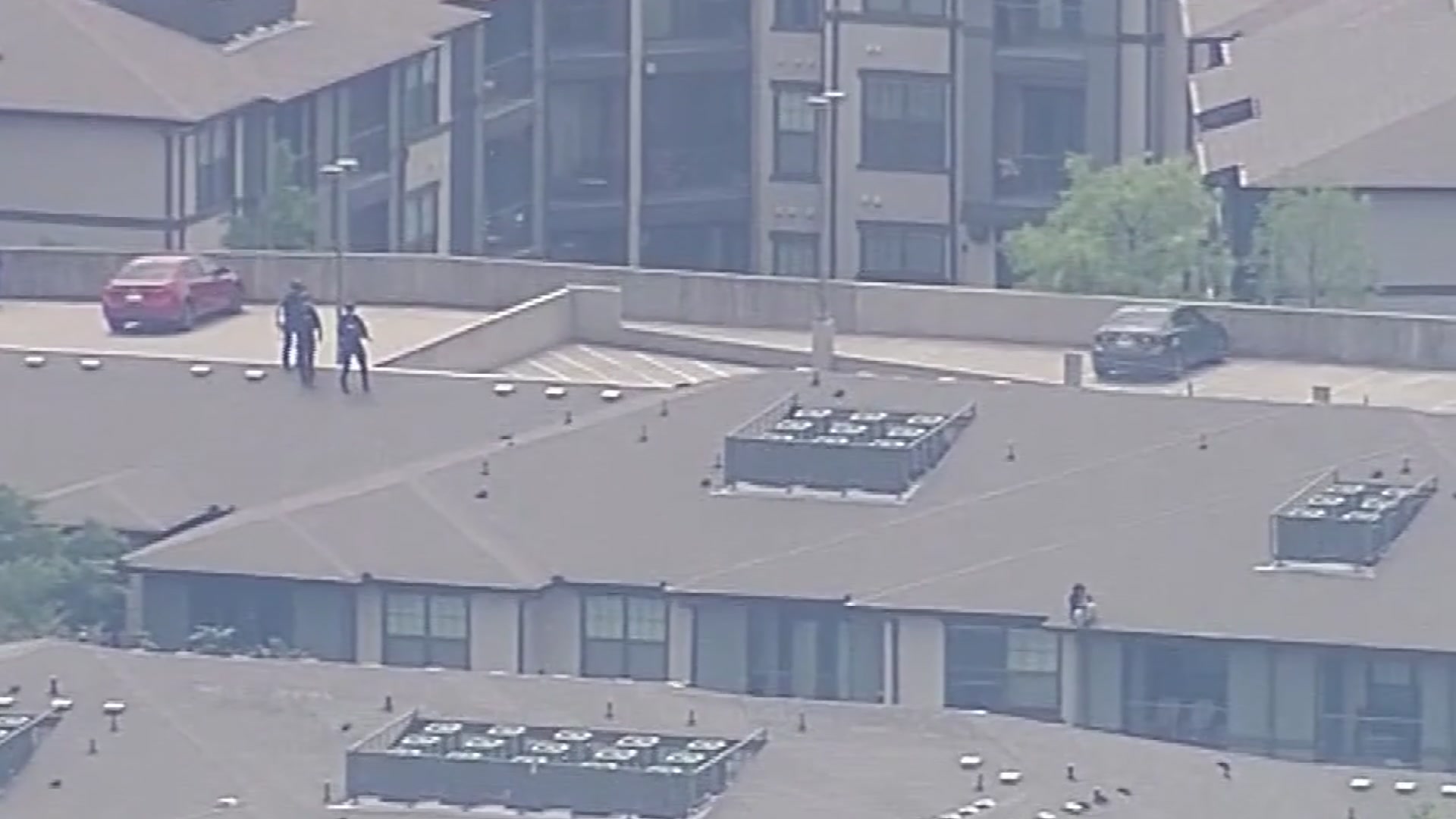The Dallas City Manager’s effort to please everyone with a new spending plan left some city council members unhappy at their first opportunity to discuss the new budget Tuesday.
Council members complained that plans to boost neighborhood services are too small, that cuts to the police department are too large and homeowner tax bills will still rise.
It is an extremely challenging year in which demonstrators demand defunding police to pay for neighborhood social programs and Mayor Eric Johnson demands better public safety to combat violent crime; all of it during a coronavirus pandemic that sickened sales tax revenue the city counts on to pay for services.
Chief Financial Officer Elizabeth Reich said the $3.8 billion budget was balanced with a combination of cuts to some services, rising property tax values, new construction that expands the tax roll and coronavirus relief money from the Federal Government.
“Dallas isn’t going to defund or disband our police department. What you have requested and what this budget does is add funding for programs and services that are rooted in inclusion, equity and justice, and will help us restore the public’s trust and rebuild the relationship with our residents,” City Manager T.C. Broadnax said.
Assistant City Manager Jon Fortune delivered the plan for neighborhood improvements and police reform that Broadnax calls REAL Change; responsible, equitable, accountable, legitimate.
“This particular budget is going a long ways to try and change the dynamic going forward,” Fortune said. “We’re trying to move and shift as many responsibilities off the police department as we can and move them into the bucket where we believe it will provide meaningful and lasting benefit to our residents. And in doing so, the dynamic is now changed for the police department so they are more efficient and more effective in what they are doing.”
Mayor Eric Johnson, who criticized Broadnax in recent meetings, said he was pleased.
“First and foremost, I want to say I thought these presentations were excellent,” Johnson said.
REAL change includes:
- Better lighting to discourage criminals
- Removing blight and abandoned buildings
- Civilian crime interrupters who would work the streets in dense apartment areas to discourage trouble
- Expanding the Right Care program that uses health professionals to respond to mental health calls
- Forming mobile crisis response teams to arrange food, housing, transportation and shelter in situations that police officers may encounter
- Creating a public intoxication diversion program as an alternative to criminal charges
- Improving police training on bias, de-escalation and early warning of problem officers
- Providing re-entry services for formerly incarcerated individuals
Broadnax said $13.5 million in general fund money for the new programs and $18.3 million in capital spending from bond money adds up to a $31.8 million community investment for his REAL program in the new budget.
Local
The latest news from around North Texas.
Councilman Jaime Resendez said it supports a new approach to make communities safer beyond just policing.
“It does acknowledge that we cannot arrest our way out of crime. And it acknowledges the importance of redirecting resources to alternative solutions that reduce harm and increase safety in our neighborhoods,” Resendez said.
But cuts in other programs to help pay for these improvements drew criticism.
Councilman Omar Narvaez was concerned about $500,000 to be taken from bike lanes that council members have been fighting to expand in recent years. He said bicycles are especially popular during this coronavirus pandemic and ridership should be encouraged.
“If you go anywhere right now where they sell bicycles, there are no bicycles. That means people are buying bicycles and using them,” Narvaez said.
City Council Public Safety Committee Chairman Adam McGough said the budget does “defund” police. He cited a planned 50 officer manpower reduction, $1.5 million in police car purchases and raises officers were promised to keep Dallas Police pay in line with suburbs that compete in recruiting.
“There are clearly areas, large number of areas, where we are not funding the police department at what we had projected and believed we would,” McGough said.
Councilman Adam Bazaldua complained that civilian police hiring is projected to be far below recommendations from a consultant. He said civilianization would free sworn officers for more urgent matters and send civilians instead to some community matters that would fulfill activist demands to decriminalize some police response.
“I like what you’re doing but you are sprinkling. We have the ability to make it right. We need to be more serious instead of talking,” Bazaldua said.
Though the property tax rate is unchanged in the budget plan, homeowners would still pay more from rising values.
“There's a lot of different ways to look at it but we are raising taxes for people who are struggling,” Council Member Cara Mendelsohn said.
Council Member Jennifer Gates said Federal coronavirus relief money used in this budget will not be available down the road.
“My concern is we are adding some programs, and I don’t think we should add anything that is not sustainable in the future,” Gates said.
Councilman Tennell Atkins said the city needs better promotion to attract new investment that will raise tax revenue in the future.
“We cannot support the public safety. We cannot support the bike lanes. We’ve got to have business coming in here. We’ve got to make sure that we are selling Dallas,” Atkins said.
A series of budget town hall meetings begin Thursday. Resident reaction could sway the plan presented Tuesday.



